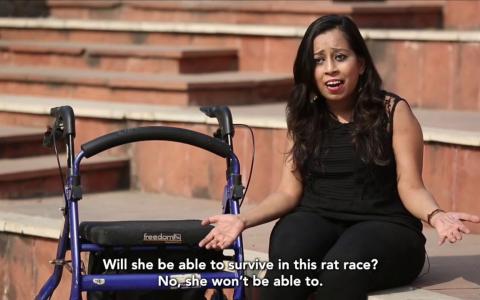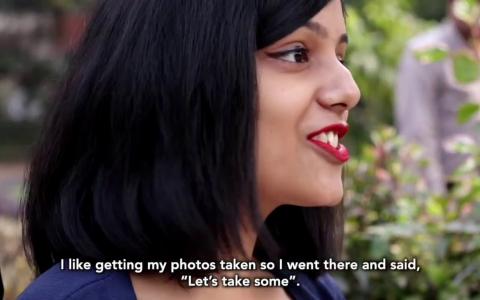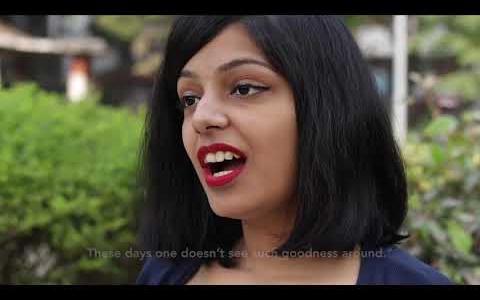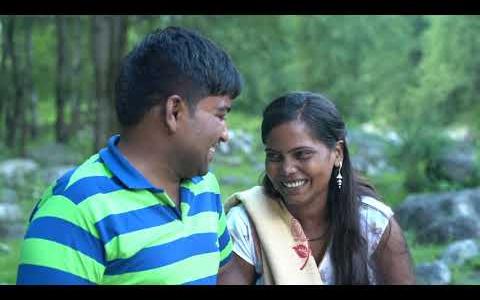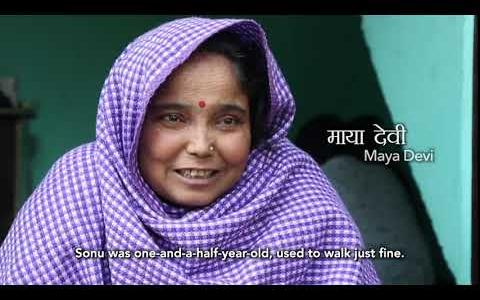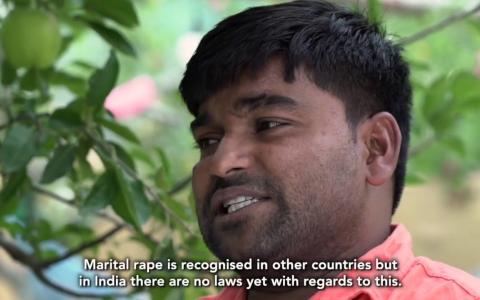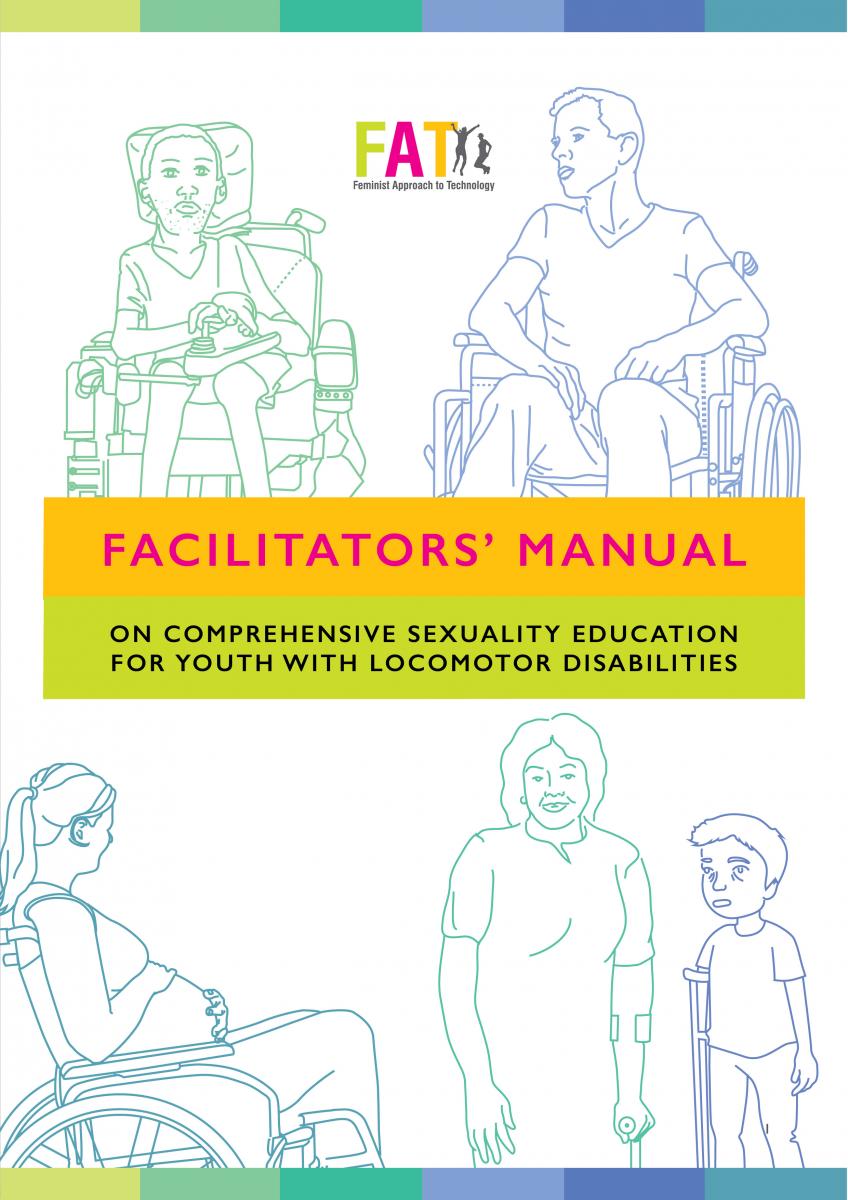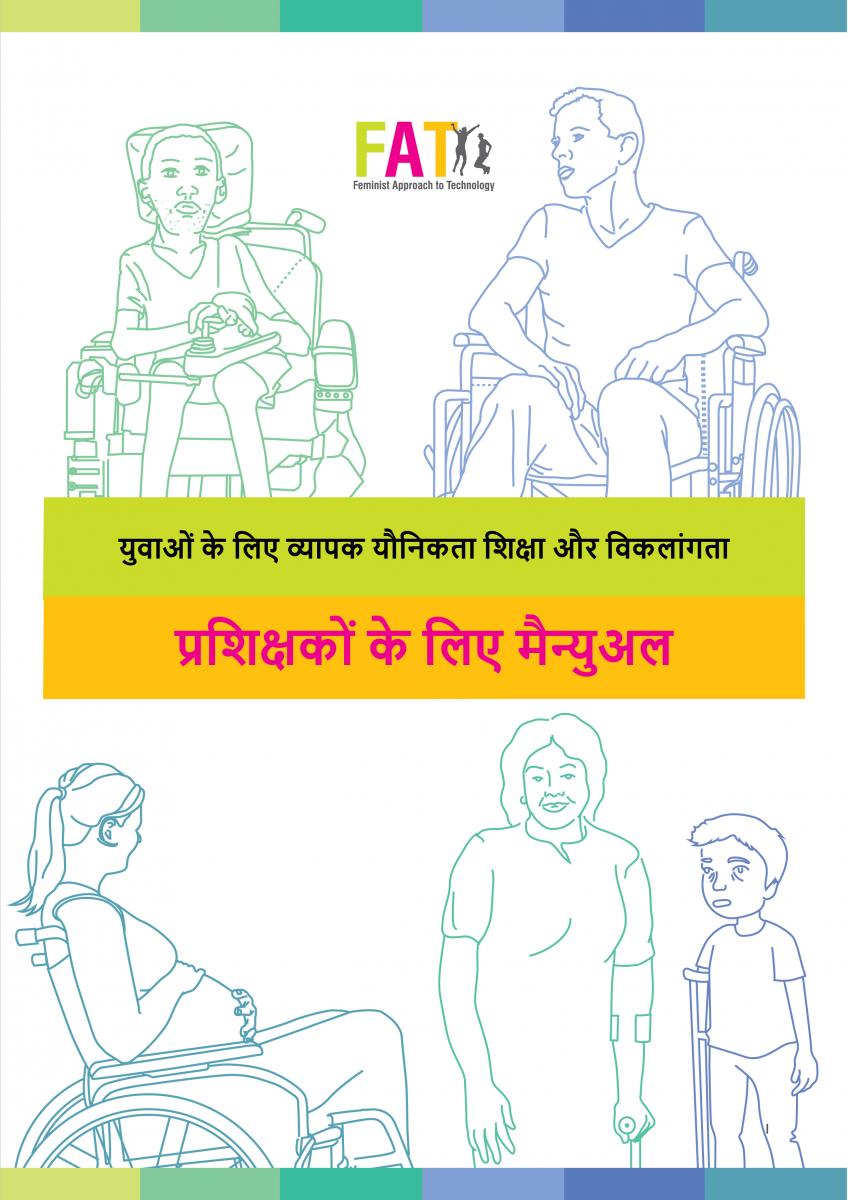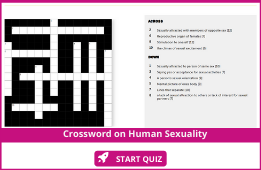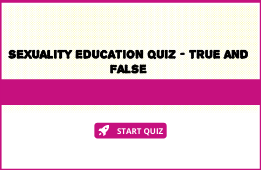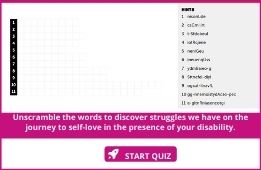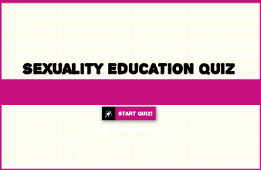- The gap in the level of awareness about sexual and reproductive health among youth with disabilities.
- Unavailability of accessible- easy to understand information on SRHR for young people living with disabilities.
Videos
Societal perceptions of disability exacerbates isolation of persons with disabilities. This isolation starts at a young age and is directly connected to misinformation and myths about sexuality and the disabled body. In these 6 videos, our 10 protagonists share their experiences and their stories of courage to overcome the neglect, disregard and isolation they faced due to social stigma about disability and sexuality.
Podcast
Discriminatory behaviour against persons with disability due to societal perceptions and norms not only affects their relationships and social life but also further excludes them from receiving important sexual and reproductive health related information and services. Furthermore, in the absence of comprehensive sexuality education, youth with disability often remain unaware of their rights and become more susceptible to abuse and violence. In these 3 podcasts, youth from different backgrounds discuss similarities and differences in their experiences as per their social realities.
Comic Book
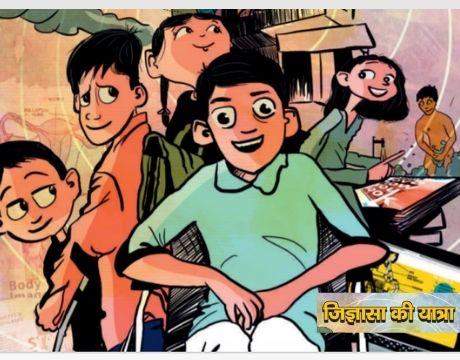
इस कॉमिक बुक का उद्देश्य युवाओं को, विशेषकर जिनके पास लोकोमोटर विकलांगता है, अपने स्वयं के शरीर को समझने और अपने यौन और प्रजनन स्वास्थ्य और अधिकारों के बारे में जानकारी प्राप्त करना है।
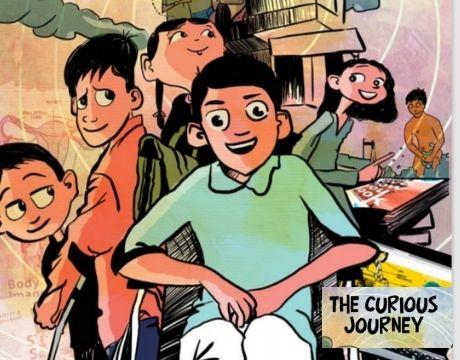
This comic book aims to enable young people, especially those who have locomotor disability, to understand their own bodies and gain information about their sexual and reproductive health and rights
Training Manual
This Facilitators’ Manual is a toolkit aimed at making Comprehensive Sexuality Education accessible for youth with locomotor disabilities. The manual is designed and developed in a way that the educators / trainers / teachers / therapists / occupational therapists / other professionals working with youth with locomotor disabilities can use it to train youth on Sexual and Reproductive Health and Rights.



